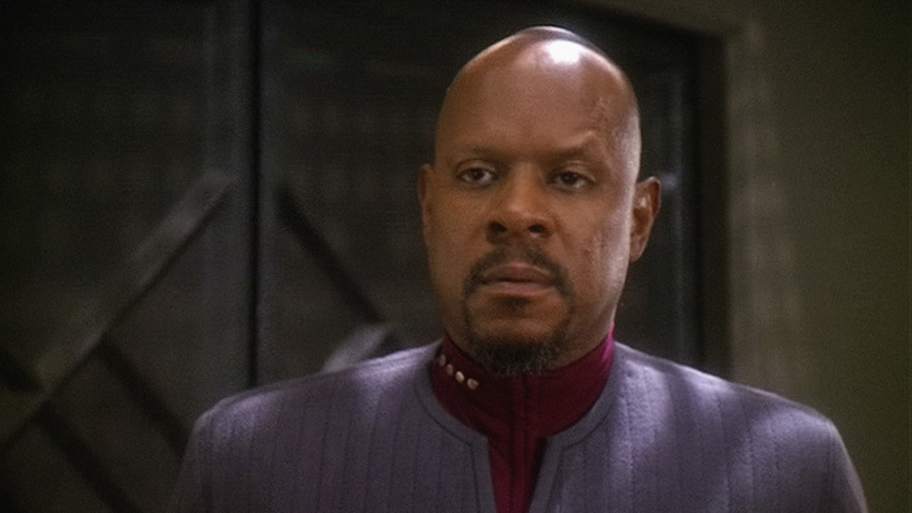Benjamin Was a Compassionate African American Dad
Deep Space Nine
gave
Star Trek
viewers got their first Black commanding officer in the guise of Benjamin Sisko. The series went one step beyond by portraying him as a single parent. This was established early on when they killed off Jake’s mother in the pilot episode.
Deep Space Nine
created an opening for Benjamin to take on both paternal and maternal roles in Jake’s life. The absence of Jennifer Sisko also created room for a
deeper emotional
The bond between Jake and Benjamin stemming from their mutual sorrow over her passing.
Back then, numerous depictions of African American father-son dynamics often lacked the affection seen in Jake and Benjamin’s bond. This connection played a crucial role in showing that strong emotional ties can form between dads and their kids irrespective of racial background. By doing so, they set a standard for televised father-son interactions within Black communities and offered inspiration for all parents and children, regardless of ethnicity.
Feelings and tenderness were commonplace.
Perhaps the most notable aspect of Jake and Benjamin’s relationship was the affection Benjamin would show Jake throughout the show. In many scenes in which he greets Jake, Benjamin can be seen hugging and kissing him. Despite Jake’s status as a teenager for much of the show, he is often delighted by his father’s displays of affection.
Additionally, Jake and Benjamin are often observed having emotional conversations, and Jake is not shy about confiding in his father for any emotional problem he may have. The portrayal demonstrates that men do not always need to be as stoic as society would suggest. Letting one’s guard down and expressing emotion or affection to those they love can be just as powerful and strong as remaining emotionless in a given situation.
The Impact Of The Relationship
The relationship between Jake and Benjamin demonstrated what it can mean to “be a man.” The relationship allowed the show’s writers to explore a more tender side of both characters with messaging that is necessary in a society that often encourages men not to lean into their emotions. True strength comes from the ability to be vulnerable, and both characters were always better for it.
Although
Star Trek
has not revisited such a deep parent-child relationship since
Deep Space Nine
, they laid the groundwork for where the franchise could go in the future. Additionally, the show provided a template for how these relationships can be portrayed on television in general.
The article was initially posted on Sazua.com.
Why Star Trek: Deep Space Nine excels at depicting father-son dynamics
.







